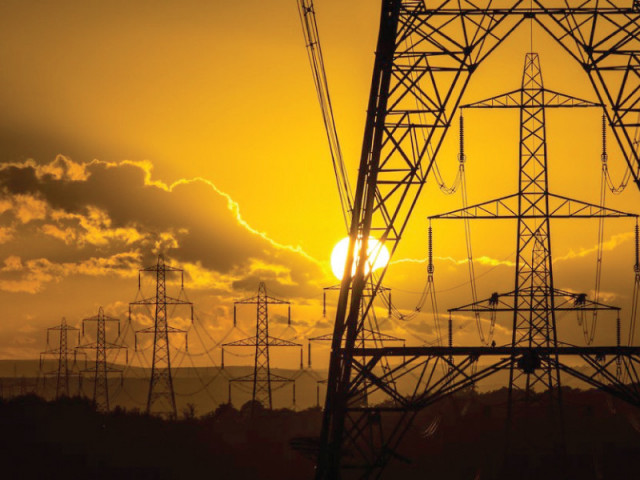Expensive and unreliable electricity: a solution
There is need to re-integrate bifurcated companies to yield economies of scale and scope

Following three decades of electricity reforms, underperformance is witnessed in the electricity sub-sector.
Electricity reforms are unable to deliver the intended promises of affordable and reliable electricity to the people. The first question is how to bring affordability to the system?
The unbundling of Water and Power Development Authority (Wapda) has given rise to a plethora of new companies. Since these companies are patterned on a corporate model, an independent board of directors (BoD) oversees the affairs of each company. Normally, there are around a dozen members of the board including the chairman. Every board member receives a meeting attendance fee, travelling allowance, etc. There could be multiple meetings in a year.
The chief executive officer runs the affairs of the company and is appointed by the government, though he is accountable to the board of directors. Usually, the CEOs are highly paid professionals, who are hired either from abroad or the local corporate sector. The upper management cadre of a typical distribution company (DISCO) encompasses a chief financial officer (CFO), director technical, director operations, director IT, director legal, director admin and director human resources. These individuals have many years of experience in their respective fields and command decent salaries along with fringe benefits.
Read Karachiites brace for increased electricity bills
Apart from Wapda, there are around two dozen companies which are operating under the Ministry of Energy (Power Division). All these companies have separate boards, CEOs and a cadre of upper management as they follow Corporate Governance Rules 2013.
These companies perform generation, transmission, distribution, billing and retail functions among themselves. The unabated reforms will set up new companies in future. Apart from coordination problems, these companies have contributed a lot to the managerial cost in the past decades.
Specifically, DISCOs generated billions of rupees in fiscal losses over decades which, in turn, made electricity expensive. Is there any efficient power sector model available? There is a need to re-integrate the bifurcated companies to yield economies of scale and scope.
The economies of scale could be achieved through the integration of transmission, distribution and billing functions which would increase efficiency. However, the generation function could be performed by the private sector. The economies of scope are achieved if two different activities are performed efficiently by the same company. For instance, transmission and distribution are two different activities which can be efficiently performed by a single company.
How to improve governance of the re-integrated utility company? The company could adopt a pluralist governance model consisting of representatives of the government, representatives of consumers, members of civil society and members of the trade union. They could formulate plans and policies where prime importance is given to public service delivery while profitability gets a secondary importance. In addition, public sector governance should not replicate the existing corporate approaches.
Read Hydroelectric power boosts by 7pc
The second question is how to obtain reliable electricity? The existing system is unreliable as power outages and voltage fluctuations are quite normal, short-circuiting the durable home appliances a great deal. Usually, engineers with knowledge, competence and expertise are concerned with the reliability of electricity supply and pay specific attention to the transmission and distribution network.
Hence, there is a need to groom and nurture the cadre of engineers and technical staff to improve the reliability of the system. In a nutshell, the current situation requires superfluous expenditure on managers and consultants at the cost of engineers and technical staff. In the existing arrangement, the managerial cost has multiplied a lot. Proponents would argue that political obstacles stall the process of reforms and results would be achieved by stopping the political interference. They look for a perfect solution. However, the emerging situation demands a workable solution given political constraints.
The writer has worked at SDSB, Lahore University of Management Sciences (LUMS)
Published in The Express Tribune, January 1st, 2024.
Like Business on Facebook, follow @TribuneBiz on Twitter to stay informed and join in the conversation.



















COMMENTS
Comments are moderated and generally will be posted if they are on-topic and not abusive.
For more information, please see our Comments FAQ